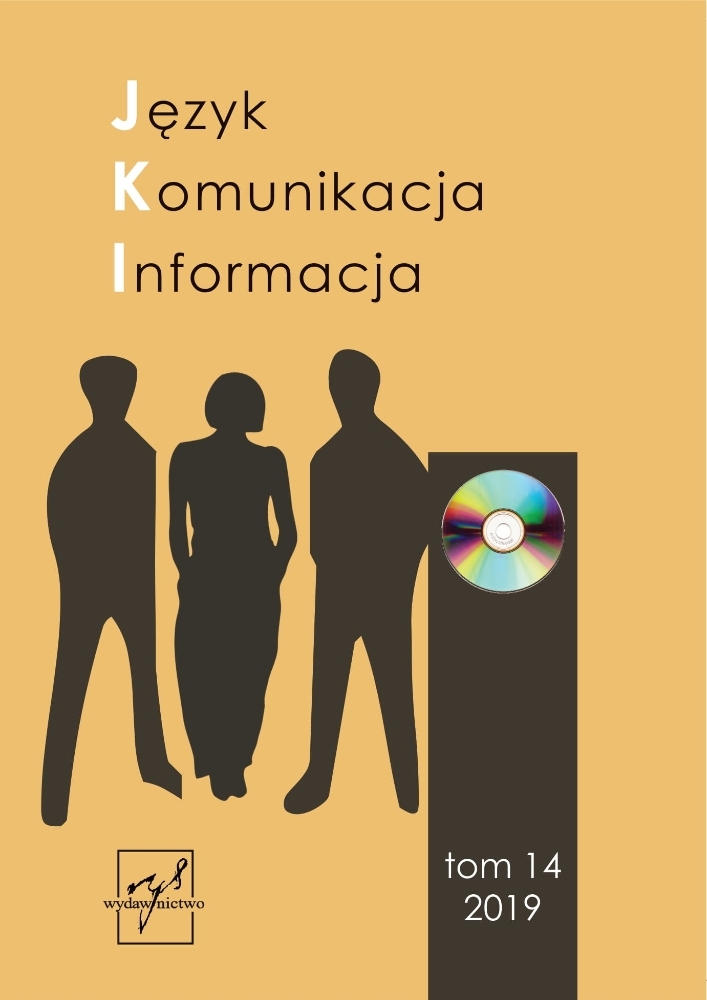Abstract
This article proposes a reading of Salman Rushdie’s The Satanic Verses (1988) as a series of cultural performances negotiating between postcolonial cultures, histories of migration, urban landscapes and translingual repertories. It seeks to linguistically interpret insights by postcolonialists like Bill Ashcroft et al. (2002) and Homi Bhabha (2010), who have argued that postcolonial writers have deconstructed “discourses” of empire by appropriating and hybridizing the monolingualism of the English novel. Though qualitative analysis – informed by the theoretical frame and methodology of the third wave of sociolinguistics – this essay examines the relationships between identity and language use on the basis of characters’ linguistic utterances and interactions, focusing on the role of linguistic varieties, contact phenomena and code-switching in the construction of postcolonial identity. It also pays particular attention to the way in which translingual creativity contributes to the emergence of hybrid, immigrant or diasporic identity formations. Drawing on Kandiah (1998) and Pennycook (2003), it interprets performative utterances as ‘semiotic reconstructions’, which recontextualize and reaccentuate characters’ linguistic, cultural and semiotic resources. By foregrounding the concept of ‘semiotic reconstruction’, it aims to reveal the so-called metasocial/metacultural potential of performance events as well as the socio-semiotic and socio-semantic reconstruction these events are able to achieve.
License
Open Access Policy: This journal provides immediate open access to its content on the principle that making research freely available to the public supports a greater global exchange of knowledge.
By sending their contributions authors accept that papers published in this journal are available online free of charge (Open Access) and are subject to the Creative Commons license 4.0 version BY-NC-ND.

